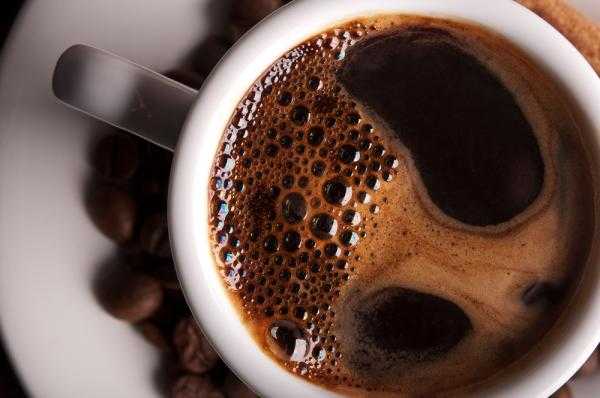WASHINGTON, D.C., U.S. – A new study reveals that drinking a couple of daily cups of coffee does not lead to a greater risk of arrhythmias, potentially debunking a common myth that consuming caffeine in coffee and other drinks could lead to a faster heartbeat and the potential for a triggered arrhythmia for this patient population. Researchers analyzed several types of arrhythmias to better understand the impact of caffeine on this common heart condition. Results from this observational study were released today as part of Heart Rhythm Society 2020 Science.
Americans are dependent on their daily dose of caffeine, with more than 64 percent of Americans drinking a cup of coffee every day1. Patients with arrhythmias are often cautioned against regular consumption by their doctors. Despite this specific concern, caffeine also offers health benefits, including antioxidants, improved metabolism, enhanced exercise performance, and increased alertness and concentration2.
Studies have also shown regular coffee consumption can also yield positive heart health results, lowering the risk of heart disease and stroke3. With evidence showing caffeine’s positive impact on general heart health, there is a need to better understand the relationship between regular coffee consumption and arrhythmias.
The study reviewed coffee intake information and relevant data for 296,227 participants in the UK Biobank. The mean age of participants was 56.69 ± 7.98 and 51.6 percent of participants were female. Investigators used multivariate Cox proportional hazards regression analysis to test the association between coffee consumption and arrhythmia risk and plotted a Kaplan- Meier curve for cumulative incidence of arrhythmia by coffee intake.
The results demonstrated an association between regular coffee consumption and a significantly lower risk of arrhythmias. Over 5.25 ± 21 years, there were 13,138 incident arrhythmias diagnosed, including 4,748 patients with atrial fibrillation or atrial flutter, 798 supraventricular tachycardia, 386 ventricular tachycardia and 308 premature ventricular complex. Compared with no consumption, coffee consumption of 1-2, 3-4, or 5 or greater cups a day was associated with a significantly lower risk of arrhythmia (HR 0.90, p<0.0001; HR 0.86, p<0.0001; HR 0.85 p=0.0005; HR 0.88, P=0.05, respectively). Each additional daily cup of coffee was associated with three percent lower incidence of arrhythmia.
“Our primary goal as physicians is to help our patients not only maintain, but also enhance their overall quality of life. We know many of our patients enjoy and look forward to their daily cup of coffee, and if it doesn’t lead to negative side effects, they shouldn’t be encouraged to avoid it,” said lead investigator Eun-Jeong Kim, MD and cardiac electrophysiology fellow at University of California, San Francisco. “Results should reassure patients and physicians of the low risks associated with regular coffee consumption, and we hope it will encourage providers to work directly with patients to determine and personalize their specific lifestyle factors including caffeine consumption.”
The authors note that the observational data uncovered from this study will lead to and support larger, randomized interventional studies.
Sessions details:
“Featured Poster Session: Is Drinking Coffee Associated with An Increased Risk of Arrhythmia” [Tuesday, May 5, 2020, 5:00 p.m. EST]
1 National Coffee Association. (2018). The 2018 National Coffee Data Trends Report. Retrieved from https://www.ncausa.org/Industry-Resources/Market-Research/NCDT
2 Current Neuropharmacology Jan 2015, 13(1): 71-88; doi: 10.2174/1570159X13666141210215655
3 Lopez-Garcia E, Rodriguez-Artalejo F, Rexrode KM, Logroscino G, Hu FB, van Dam RM. Coffee consumption and risk of stroke in women. Circulation. 2009;119:1116-23.


















